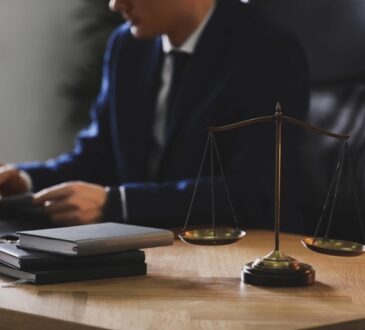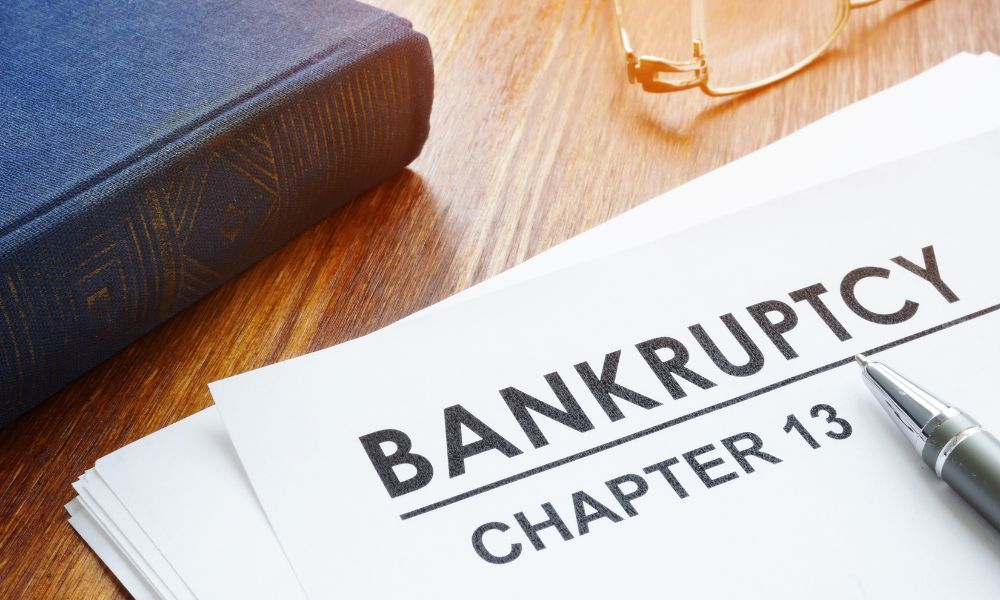
In engineering lawsuits, expert witnesses play a crucial role in providing specialized knowledge and insights. However, the admissibility of expert testimony is not automatic. Instead, courts rely on the Daubert Standard to determine whether an expert’s testimony meets the necessary criteria for credibility and relevance. This standard, originating from the Supreme Court case Daubert v. Merrell Dow Pharmaceuticals, Inc. (1993), serves as a gatekeeping tool to assess an expert’s qualifications, methodology, and the reliability of their opinions. In this article, we explore how the Daubert Standard applies to engineering lawsuits, with a particular focus on expert witnesses in mechanical engineering.
What is the Daubert Standard?
The Daubert Standard is a legal precedent used to assess whether expert witness testimony is admissible in federal courts. Named after the landmark case Daubert v. Merrell Dow Pharmaceuticals, this standard requires judges to act as “gatekeepers,” ensuring that any expert testimony presented is both relevant to the case and scientifically valid. The Daubert Standard has been widely adopted by courts across the United States and applies across a broad range of disciplines, including engineering.
Under this standard, judges assess expert testimony based on four main criteria:
- Testability – Can the expert’s methods and theories be tested or have they been tested?
- Peer Review and Publication – Has the methodology been subjected to peer review and publication?
- Error Rate – What is the known or potential rate of error in the expert’s methodology?
- General Acceptance – Is the methodology generally accepted within the relevant scientific or technical community?
Criteria for Expert Witness Admissibility in Engineering Cases
For engineering lawsuits, expert witnesses are often called to explain complex technical details, analyze causation, or offer professional opinions on standards of care within the field. However, simply being an experienced engineer does not guarantee an expert’s admissibility. Courts apply the Daubert criteria to evaluate the witness’s qualifications, the reliability of their methodology, and the relevance of their testimony.
1. Qualifications of the Expert Witness
An expert witness must have adequate qualifications, which include both academic credentials and practical experience in the relevant field. Courts assess whether the witness has the necessary expertise specifically related to the issues in the case. For example, an expert with extensive knowledge in product design but limited experience in mechanical failure analysis might face challenges if the case revolves around structural failure.
2. Reliability of the Methodology Used
Reliability is central to the Daubert Standard, and expert witnesses in engineering lawsuits must employ rigorous, scientifically valid methods. Courts look for established methods that adhere to industry standards and have been validated through research, testing, or both. In mechanical engineering, this could mean applying Finite Element Analysis (FEA) to model structural behavior under load or using established failure analysis techniques to investigate material defects.
An expert’s methodology must be replicable, objective, and free from bias. For instance, an expert’s report based solely on assumptions, without empirical or experimental support, may be deemed unreliable and inadmissible. Consequently, experts are encouraged to document their methods thoroughly and support their conclusions with data.
3. Relevance of the Testimony to the Case
The expert’s testimony must be directly relevant to the matters at hand. In engineering lawsuits, this typically means the expert’s insights must assist the court in understanding technical facts or determining causation. The testimony should address specific issues pertinent to the case, such as whether a design defect led to an equipment failure or if there was a deviation from industry standards.
Relevance also requires that the expert avoid offering speculative or overly broad opinions. For example, in a case concerning mechanical failure, an expert witness mechanical engineering should focus on tangible factors affecting the failure rather than unrelated engineering principles.
How the Daubert Standard Influences Engineering Lawsuits
The Daubert Standard profoundly impacts engineering lawsuits, as it ensures that only qualified and credible expert testimony influences the outcome. For mechanical engineering experts, adhering to the Daubert criteria requires meticulous preparation. They must not only have expertise but also employ methodologies recognized by their peers, submit to potential scrutiny, and present findings in a clear and fact-based manner.
Judges and attorneys frequently review the Daubert Standard’s criteria during pretrial to determine the admissibility of expert testimony. This scrutiny helps to filter out unqualified experts and unreliable testimony, ultimately protecting the integrity of the judicial process. The rigorous application of Daubert criteria also reinforces the need for expert witnesses to be thoroughly prepared, objective, and precise in their analysis.
Conclusion
In engineering lawsuits, the Daubert Standard serves as a critical framework for evaluating expert witness testimony. Mechanical engineering experts are expected to meet high standards of qualification, methodological rigor, and relevance to be admitted as credible witnesses in court. By understanding and adhering to these standards, expert witnesses can enhance their credibility, ensuring their testimony effectively contributes to case outcomes. This process underscores the importance of selecting highly qualified experts whose testimony is not only informative but also withstands legal scrutiny.




